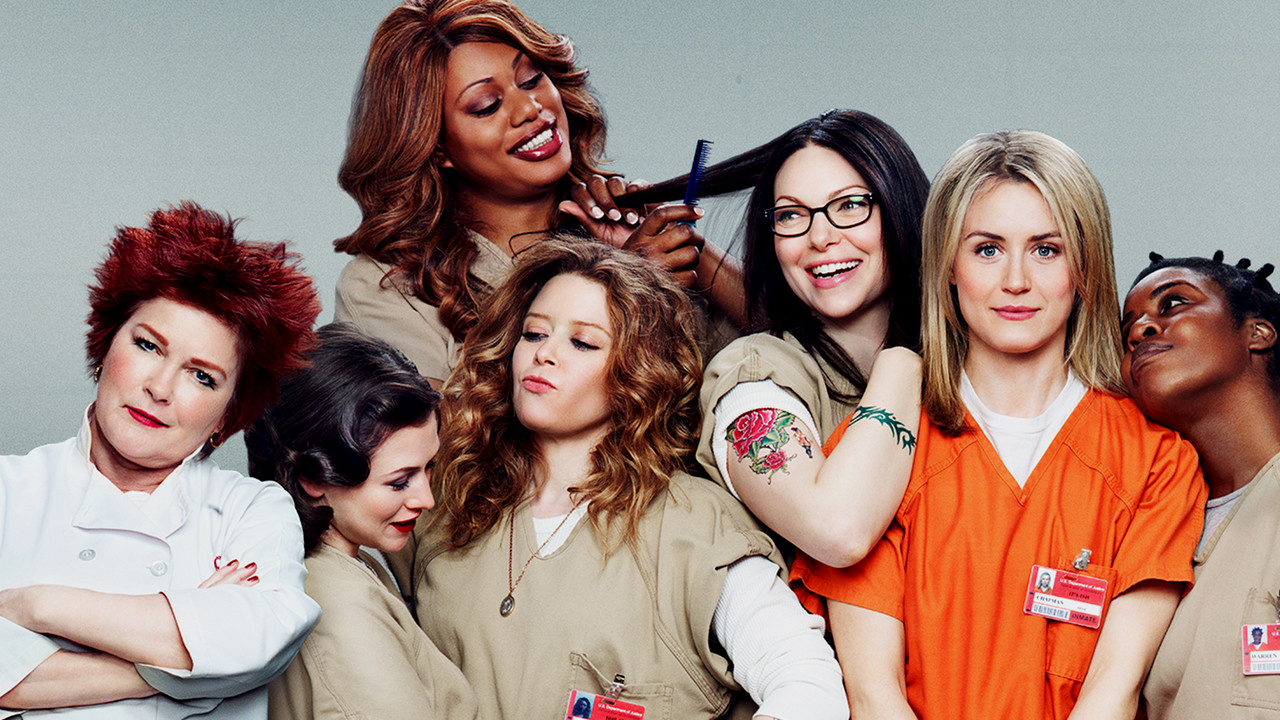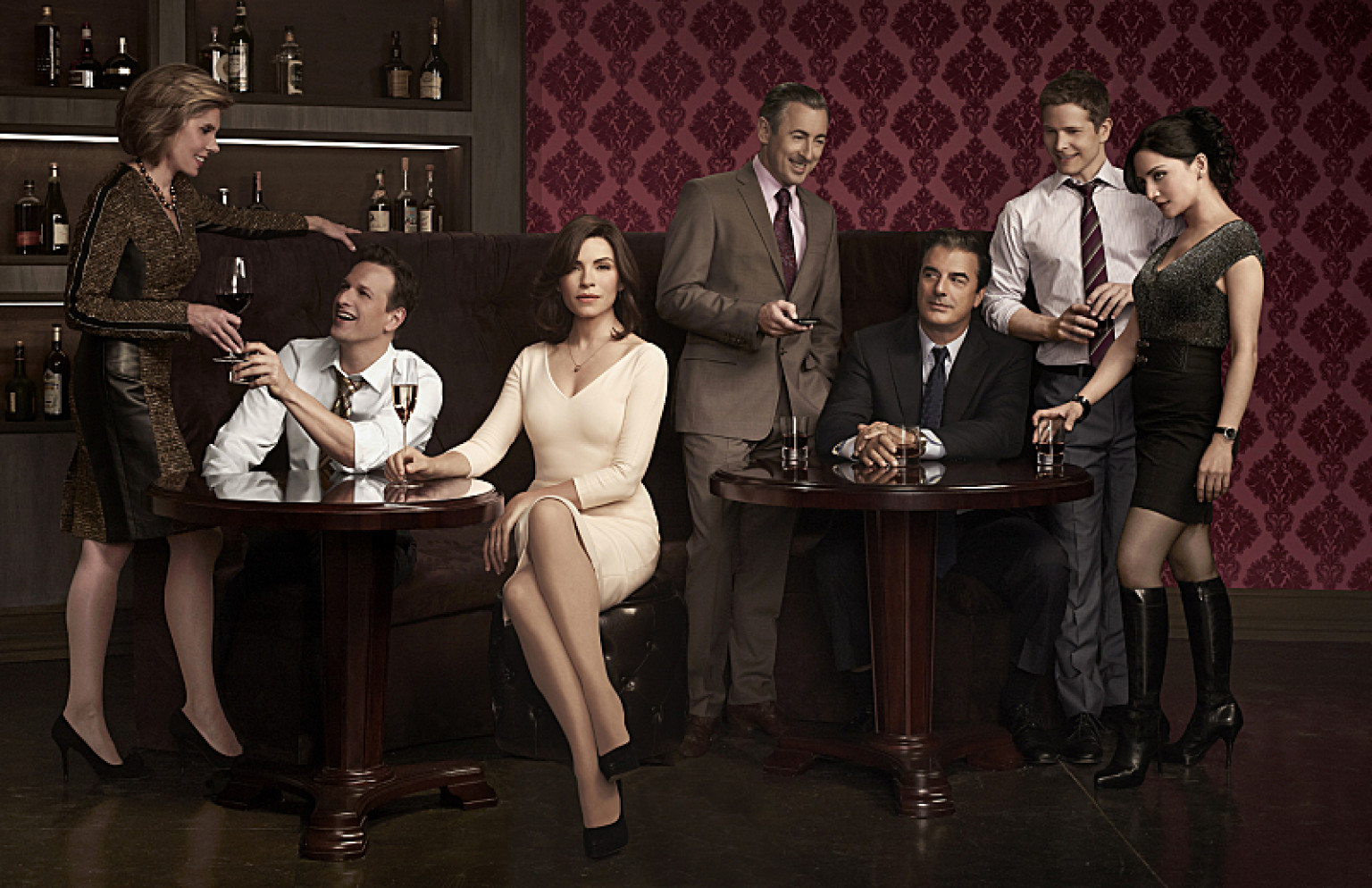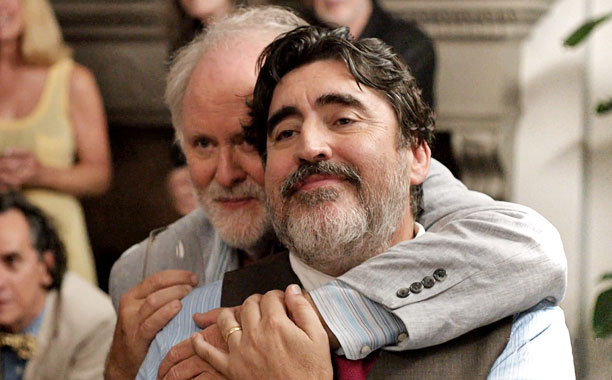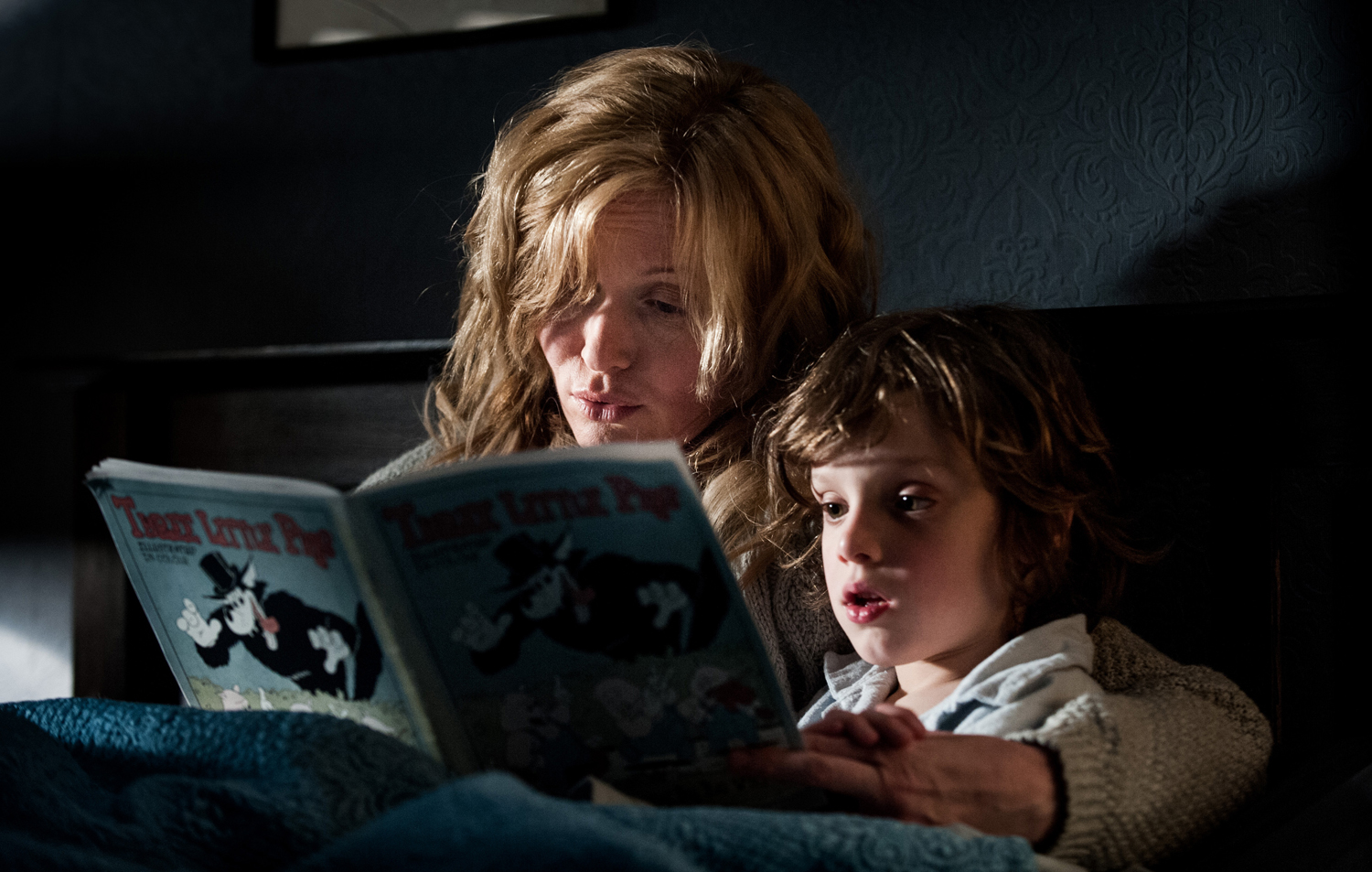 |
| /Mashable |
Fifteen
years ago, American Sniper would have
won Best Picture.
That
may be a tad premature, but it’s safe to say that in the last decade or so, the
Academy has moved far away from the very public who’s watching and betting on
its awards. As Sam Adams writes in Criticwire, the 2015 Oscars are really the
first to ignore big-budget spectacle right down to the technical categories,
which were dominated by a Wes Anderson film and a Sundance jury prize winner.
Last year, Gravity – a box office as
well as critical sensation – cleaned up below-the-line. Movies that tend to
make a lot of money usually do.
But
this year, the Academy handed just a single sound editing award to American Sniper, a lone visual effects
trophy to Interstellar and nada to
multi-nominee Guardians of the Galaxy.
They were trounced principally by The
Grand Budapest Hotel, which ironically then fell in major categories to an
even-less-commercial pic in Birdman.
It’s no secret that, just as the culture of movie-going has changed over the
past five years, the Academy seems less inclined to meet the public in the
middle. And for what it’s worth, American
Sniper found more favor with critics than some blockbuster late 1980s-1990s
Oscar champs like Driving Miss Daisy or
Titanic.
If
you look at the winners from 1988 right until 2003, only two movies won with
less than $100 million made domestically: Braveheart
and The English Patient, a pair of
war films that hit their emotional beats with forceful, ripe-for-awards
intensity. Since 2009, however, only two of six winners have made over $60
million: The King’s Speech, which
perhaps falls in the category of The
English Patient’s, and Argo, of
which I’ll have more words on in a minute. Birdman,
this year’s winner, has grossed under $40 million, a fair number below even
last year’s 12 Years a Slave.
But
what’s interesting about the choices made by the Academy is that they are
completely self-reflective. Yes, they have moved away from the public
consensus, but they still remain reluctant to embrace critical darlings. If we’re
using post-2009 as a timeline, Oscar has touched on the critics’ choice only
twice, even as films like The Artist
and Birdman grossed low numbers. And
in both of those years, the Academy had a chance to make history that was less
triumphant than respondent to a “You better…” sentiment. In 2009, Kathryn
Bigelow became the first female director to win Best Director and to be behind
a Best Picture winner (The Hurt Locker).
And in 2013, despite a more-profitable and equally-celebrated film in Gravity as a rival, 12 Years a Slave presented the (sadly) first opportunity for a film
with a black director and predominantly black cast to win Best Picture. Again,
both of these films deserved it – but that’s hardly what we’re talking
about when it comes to Best Picture winners, right?
Of
course, in relative terms, The Artist,
Argo and Birdman all earned good reviews as well – one could reasonably call
them “meet in the middle” choices. The
Artist may have been the third-lowest grossing of all nominees, and Argo may have been less-preferred than Lincoln or Zero Dark Thirty (among possible winners; otherwise, Amour could be included) by critics, but
they’re not incomprehensible choices. But these films fit into an Oscar anomaly:
their messages – so intrinsic to the qualities of a Best Picture winner – are driven
by their being situated in the world of movies and the industry. It’s safe to
say that as Birdman hurled vitriolic sentiment
at critics and established an emotional center within a comeback story, it
cumulatively possessed a narrative voters could get behind. The Artist was deeply, powerfully
nostalgic. And Argo – well, according
to Ben Affleck’s historical drama, Hollywood got us out of the Iran Hostage
Crisis. Argo beat a far more
political (and acclaimed) film in Zero
Dark Thirty, as well as a more elegantly-composed and politically-astute
one in Lincoln. The Artist had an absurdly thin slate of films to compete with, but
even so, equally-acclaimed movies from long-respected directors like The Descendants and Hugo grossed nearly twice as much, and didn’t stand much of a
chance.
This
is all important information because, without question, the nation’s
relationship to the Academy Awards has shifted. Popular movies aren’t winning
anymore – and even the popular ones like Argo
lack staying power. They’re not part of a cultural moment, nor do they
provoke conversation, nor are they anything close to “masterpieces.” Boyhood, as uncommercial as it may have
been, has that lasting power, not to mention an overwhelming critical consensus
behind it. A leading 31% of 50+
surveyed critics chose Boyhood as
the deserving winner; Birdman snagged
just 16%, also far below The Grand
Budapest Hotel’s 27%. And as for public preferences, American Sniper claimed an overwhelming 38% in a CBS
poll, whereas Birdman tied with Boyhood at a mere 17% apiece.
As
most recappers of the night have already documented, social media was surprisingly,
vocally dissatisfied with the selection of Birdman.
With excellent reviews and a lot of hope in the chances of its leading man
Michael Keaton, Birdman winning to
such a negative reaction is both odd and illuminative. The sentiment does not
go “Oh please, that movie was terrible” – nor does it say, “Jesus Christ, no
one even saw it.” What we’re hearing is a general frustration as to what the
Academy is doing at this point. For the third time in four years, the
industry has awarded a movie about itself. There were movies that earned more
acclaim and more money – in most cases, at least one achieved both – but Hollywood,
intentionally or not, has consistently been making inward-focused choices. I
think Birdman is a hell of a lot more
deserving than American Sniper, and I
think Boyhood takes the cake both in
artistic and historical value, but Birdman
makes the least sense of the three as an Academy Award selection. Or maybe “sense”
is the wrong word – it’s the least potent choice.
This
is not a conversation surrounding a movie that just barely eked it out. Despite
the fantastical predictions of pundits and critics (this one included), Birdman had this in the bag. It swept,
with Alejandro G. Inarritu beating Richard Linklater for Best Director and Wes
Anderson for Best Original Screenplay. It won handily. We’re getting in the
habit of dubbing these races a lot closer than they are, and that’s because for
the most part, the Oscars roll on for three-and-a-half hours in depressingly predictable
fashion. Seeing as BAFTA and SAG have crossover membership with the Academy,
when Eddie Redmayne, Julianne Moore, J.K. Simmons and Patricia Arquette all win
with both groups (and more, including the Globes for each), it’s safe to
conclude that they’re going to win. And they did. As audiences continue to
segment, the Academy Awards represent a rare instance for the nation to gather
around the television (and on their iPhones) live. The irony is that what we’re
watching is an excessively-predictable march to a love-fest for a film rallied
around by neither critics nor the public. And, to be clear: Birdman was the favorite movie of the
year of many. But looking at the list
of critics aggregated by Metacritic alone, eight other films were named the
Best of the Year by at least four publications. Taste is taste, and for any
interesting conversations to take place, there should be many favorites chosen
individually.
The
Academy Awards are not a critics’ circle, nor are they the Peoples’ Choice
Awards. They are, absolutely, their own body. But it’s unclear what they are
representing – especially considering the proclaimed historical and
nationalistic value they hold onto so dearly. Watching the Oscars has become a
mix of resigned pleasure for the deserving winners we already knew would win; surprise
only at musical performances and speeches that strike a nerve (this year, Lady
Gaga and John Legend/Common); and irritation at just about everything else. Why
are we all watching – what are we holding onto?
Fifteen
years ago, we’d probably be seeing American
Sniper take it home. Not only did it spark a national debate, but it
rallied liberals and conservatives alike, and is certainly reflective of our
moment in time. Because the Oscars never have been (and never will be) a
barometer of quality, that the “zeitgeist” element of the awards has been all
but stripped – or at least, is absent far more frequently than before – is damaging
for their cultural relevance and value. Qualitatively, the Academy’s choices on
average have probably improved. But they’re also far less relevant,
near-opposed to what’s making a dent in the culture.
I’d
argue that for the Academy to build on the strides made last year by honoring 12 Years a Slave, they would need to
have recognized Boyhood: it’s a film
of groundbreaking artistry (in short, by situating resolute realism on an epic
scale) and nationally-recognized value. Birdman
doesn’t provoke anything deep: its historical value will certainly be
short-lived, and it represents Hollywood yet again turning towards itself in a
muddled year of competitors.
At
their best, the Oscars are a reflection of a moment in time, whether
artistically or publicly. But Birdman,
liked by most and loved by some, reflects
on neither. Put it this way: it’s not a Forrest
Gump, but it’s not a Deer Hunter
either. It is a movie for Hollywood. In the last six years, the industry has
rewarded great movies when they needed to (Hurt
Locker; 12 Years), and good
movies when they wanted to. What is missing, then, is a public acknowledgment –
a sense of the culture at large. Movies tell us who and where we are, and the
Oscars used to reflect that more often than not. They told us that Titanic would be the enduring, cheesy
love story of our times, or that Lord of
the Rings was so good that their fantasy bias could be overcome. But Birdman, like The Artist, Argo and many
future winners, only tells us that Hollywood loves to see itself in the mirror.



















